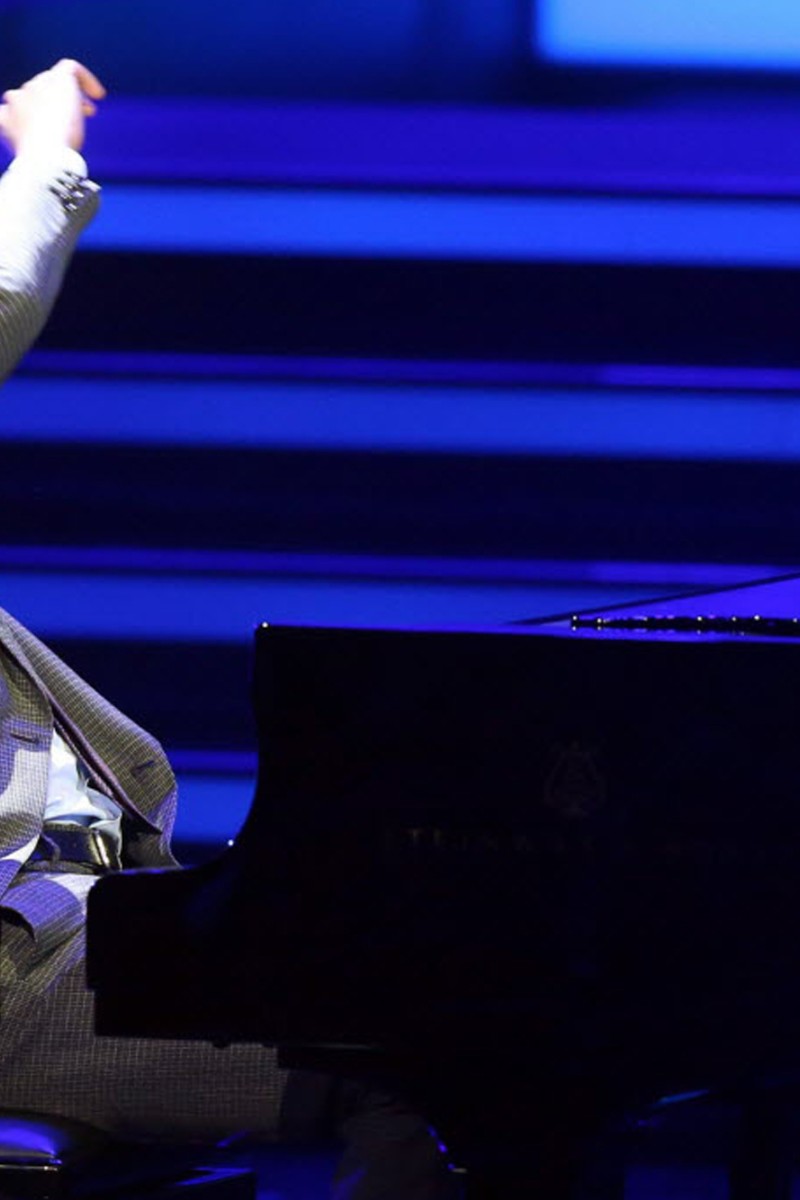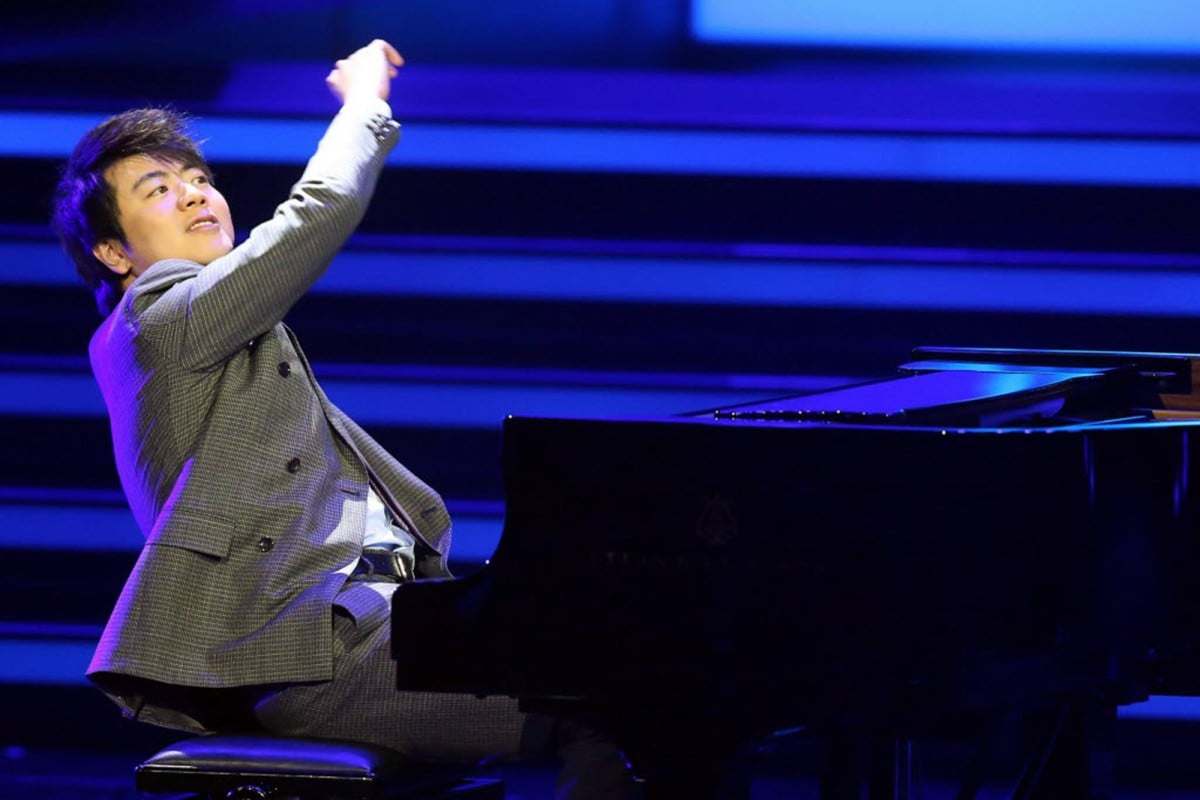
Naps with apples and animalistic finger drills - the concert pianist offered some rather unusual advice for mastering the piano
 Lang Lang imagines his fingers are like a naughty kitten.
Lang Lang imagines his fingers are like a naughty kitten.Playing the piano can be a student's worst nightmare. Take it from one of the world's most talented concert pianists, Lang Lang. Having spent hours doing finger drills and practising the same song over and over again, he knows how tough it is. So he has made it his mission to make learning the piano more fun.
Lang's efforts include a series of newly-published books called Mastering the Piano, which is suitable for pianists of all levels, from complete beginners to experienced performers.
Determined to make the content more relatable and easier to approach, Lang challenges the way traditional books teach piano. He shares his top tips with Young Post, like reinventing finger exercises by comparing each of the movements to moving animals.
Perhaps you feel out of control when practising legato and staccato notes - the tricky ones that are really long and smooth or short and abrupt, respectively. To help, Lang says, "try imagining that your hands have been transformed into the suction cups that geckos have on their hands". As he explains, "this is the key to playing the continuous notes of legato, as it keeps your fingertips closely glued to the keyboard". Whereas legato is all about the smoothness of the notes, staccato requires sharpness and precision so that listeners can identify each individual note. Lang compares this to an agile, naughty kitten, jumping from key to key.
"As a kid, it was often hard for me to capture the feeling of a song," says Lang. But by using these images and animal comparisons, he has been able to cope better.
When he fully understands the emotional side of a piece, he tirelessly practises it over and over again, until his technical accuracy is close to perfection. But being extremely accurate and precise shouldn't stop you from interpreting the piece each time you play it. "Even when you're practising the same piece, it's crucial to interpret it with different thoughts and emotions," says Lang. He adds that the worst thing that can happen is "when a piano turns into a machine, and the pianist becomes a robot".
So how do you make sure your performance is full of emotion, but that you stay focused at the same time? Lang believes it's a mental skill.
"Whenever you're playing the piano, your heart has to start bubbling like boiling water, but your mind has to be in control at all times," he says.
Indeed, maintaining a good balance between the two is quite challenging, as "once it gets 'too hot', you won't be aware of what you're playing anymore; while staying too cold will strip away all the feeling from the song".
Being mentally prepared is one thing, but Lang also encourages parents to treat their children with chocolate, as well as plenty of sunlight, to bring out their best.
He also shared how he stays on top of his hectic touring schedule. "Taking a nap at noon is a must for me, as it recharges my body."
Through the years, Lang has not only improved his piano skills, he's also learned a rather unusual way to take a power nap. "I hold an apple in my hand, and as soon as I fall asleep and the apple drops, I wake up feeling refreshed and ready to perform," he says.
There are millions of piano players across the world, but few will become as talented or as famous as Lang. So what separates the master pianists from amateur players? Lang believes that it's a combination of both luck and persistence. But surprisingly, he is quick to say that persistence is not always the best option.
Piano players are likely to reach a point when their inspirations have disappeared and their skills have reached a bottleneck. When this happens, it's better to practise at a lower intensity without completely giving up the craft, "regardless of whether or not you decide to become a professional piano player, don't give in to the challenges or obstacles - instead, be more flexible … for instance, if you have too much school work, just spend a little less time practising piano".
His final piece of advice is for parents who want to drill their child with piano lessons. "Parents' ultimate responsibility is to help their children fall in love with music, not force their children to practise to give them an advantage, or just because the other kids are doing so!"
